
Statin intolerance is a "vexing" problem for primary care clinicians and specialists alike. Bempedoic acid fills a distinct need in that tool box.

Statin intolerance is a "vexing" problem for primary care clinicians and specialists alike. Bempedoic acid fills a distinct need in that tool box.
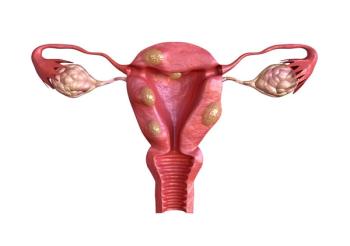
Women with new-onset HTN faced a 45% greater risk of newly self-reported fibroids and those with untreated HTN had a 19% greater risk, according to a new study.

Your daily dose of the clinical news you may have missed.
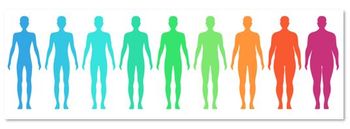
Among persons with COPD whose BMI decreased over a 4-year follow-up, mortality risk rose 70% compared with those whose BMI remained the same, researchers reported.

The CLEAR Outcomes PI explains the patient selection approach for bempedoic acid, now approved to reduce risk of CV events in addition to lowering LDL-C.
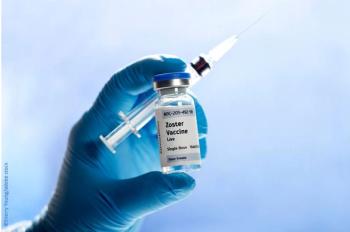
Vaccine efficacy remained high at 82% at year 11 following vaccination, according to new long-term data.

Your daily dose of the clinical news you may have missed.
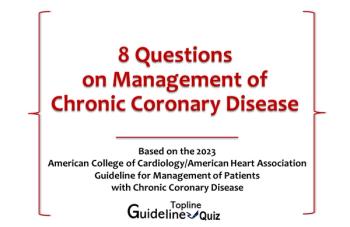
Based on the updated 2023 AHA/ACC recommendations, the 9-question quiz tests what you know about the most current approaches to CCD treatment.

Bempedoic acid became the first nonstatin LDL-C lowering medication indicated to reduce CV risk in both primary and secondary prevention. Nissen explains how.

Your daily dose of the clinical news you may have missed.
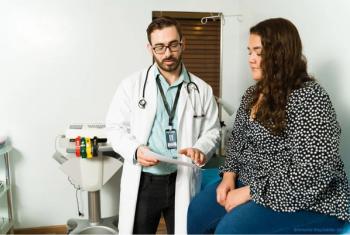
With the rise in demand for newer antiobesity medications, clinicians may face more questions from patients. Here, a primer on the drawbacks and benefits to keep in mind.

Tirzepatide reduced OSA symptoms and body weight in study participants with severe OSA and obesity, regardless of use of positive airway pressure therapy.

Tezepelumab, a TSLP inhibitor, reduced COPD exacerbations in individuals with moderate/very severe COPD, regardless of baseline BEC and inflammatory drivers, Amgen said.
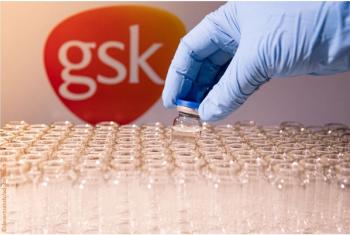
The FDA expects to take action on the GSK BLA for its pentavalent MenB vaccine by February 14, 2025.
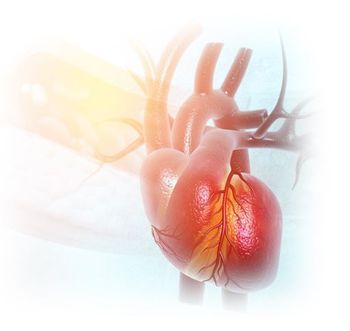
Elevated lipoprotein(a) was independently associated with increased ASCVD risk across primary prevention subgroups including among those with LDL-C of 70 mg/dL.

Your daily dose of the clinical news you may have missed.
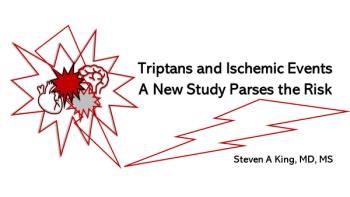
Labeling for triptan medications warns of potential for ischemic events but is the concern theoretical or real? A new study tests the association.

Results of a recent study support the importance of lifestyle interventions to reduce the burden of breathlessness in middle-aged adults.
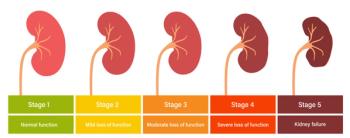
The overall CKD population will reach 125 million by 2032 across 8 industrialized nations, with significant clinical, social, economic, and environmental costs.

Your daily dose of the clinical news you may have missed.